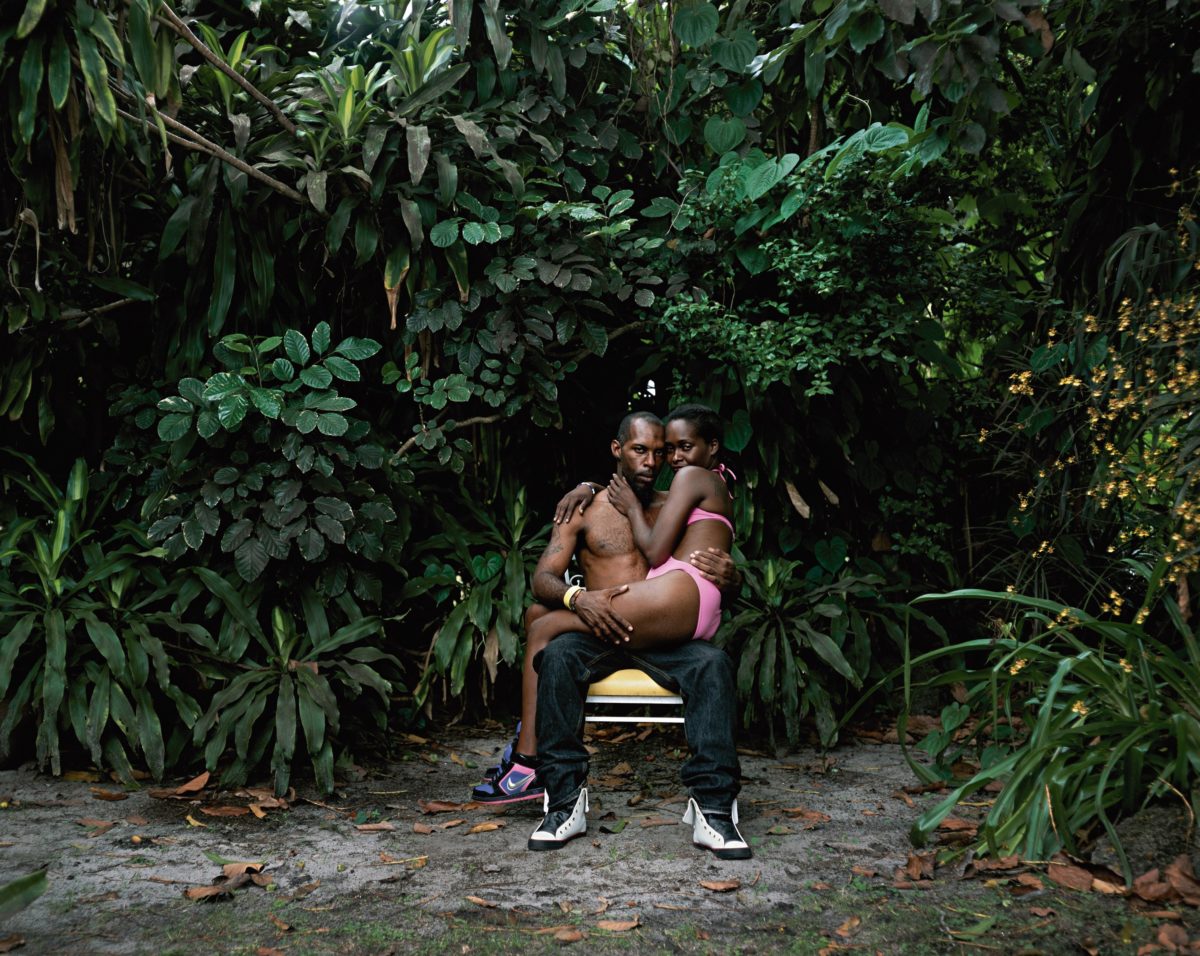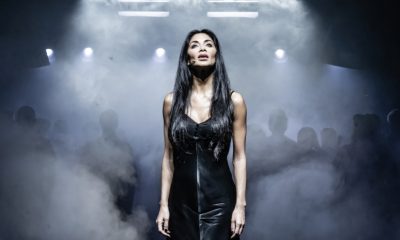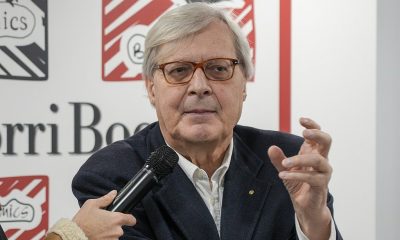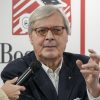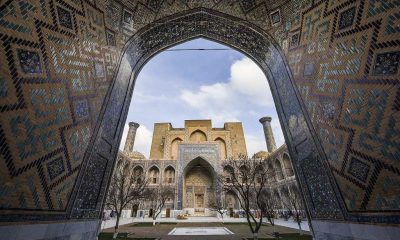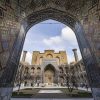ART WORLD NEWS
Bienal de São Paulo, Preeminent Brazilian Biennial, Shifts Format, Names First Participants for 2020 -ARTnews
Deana Lawson, Oath, 2018.COURTESY THE ARTIST
Most biennials come and go within the span of a few months, but as first announced in May, next year’s Bienal de São Paulo will have a different format, with related solo shows opening as part of the exhibition months before the main part launches.
Now the Bienal has detailed those solo shows, the first of which kicks off in February. The shows will be overseen by Jacopo Crivelli Visconti and his curatorial team, which includes Carla Zaccagnini, Francesco Stocchi, Ruth Estévez, and Paulo Miyada, and they will each take place in the Bienal’s Oscar Niemeyer–designed pavilion in São Paulo. (A full list for the biennial’s main group show, to be staged next September, has not yet been announced.)Ximena Garrido-Lecca will have the first of the solo shows, with an exhibition focused on the history of her home country, Peru, and its relationship to colonialism and globalism. A performance by Neo Muyanga will be staged during the show.Next will be a solo exhibition by Clara Ianni in April (with a performance by Léon Ferrari), and a Deana Lawson show in July will include new photographs examining the African diaspora in Brazil.Among the other details released on Friday is news of a never-before-realized Hélio Oiticica performance to be staged at the opening of the Bienal’s main group show in September. The year’s show is called “Faz escuro mas eu canto” (Though it’s dark, still I sing), and it focuses on the ways in which art can inspire hope and resilience during dark times. Its title pays homage to a poem by Thiago de Mello.In the past, the Bienal de São Paulo has run for few months, but the new format expands it in the latest move for an event whose format has shifted frequently. Last year’s Bienal, overseen by Gabriel Pérez-Barreiro, involved delegating curation duties to seven artists—Alejandro Cesarco, Antonio Ballester Moreno, Claudia Fontes, Mamma Andersson, Sofia Borges, Waltercio Caldas, and Wura-Natasha Ogunji—each of whom produced their own section.



